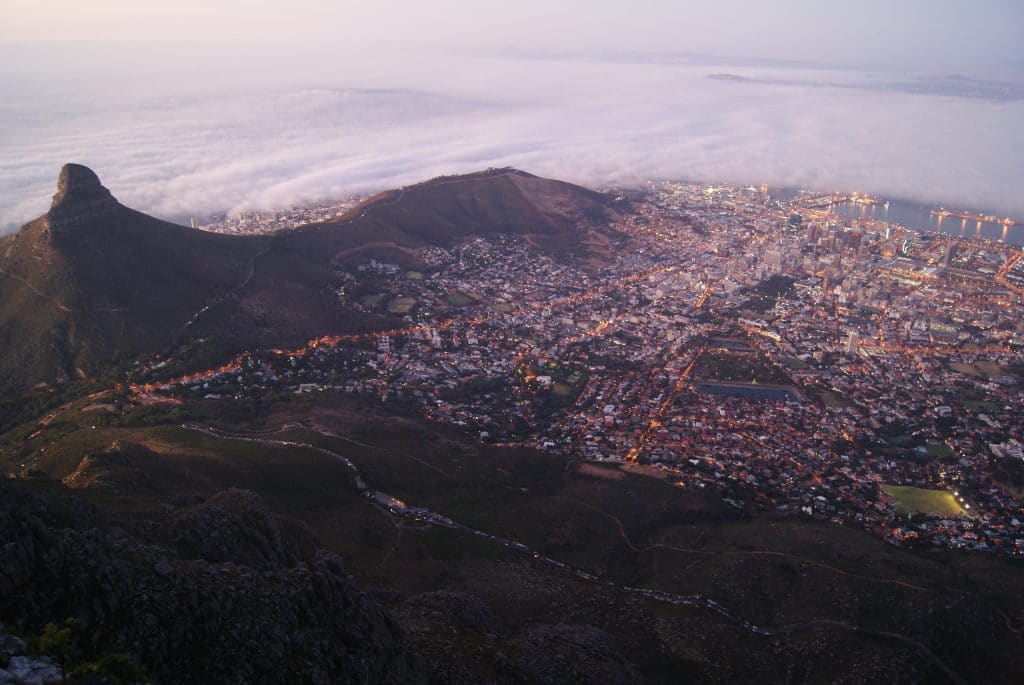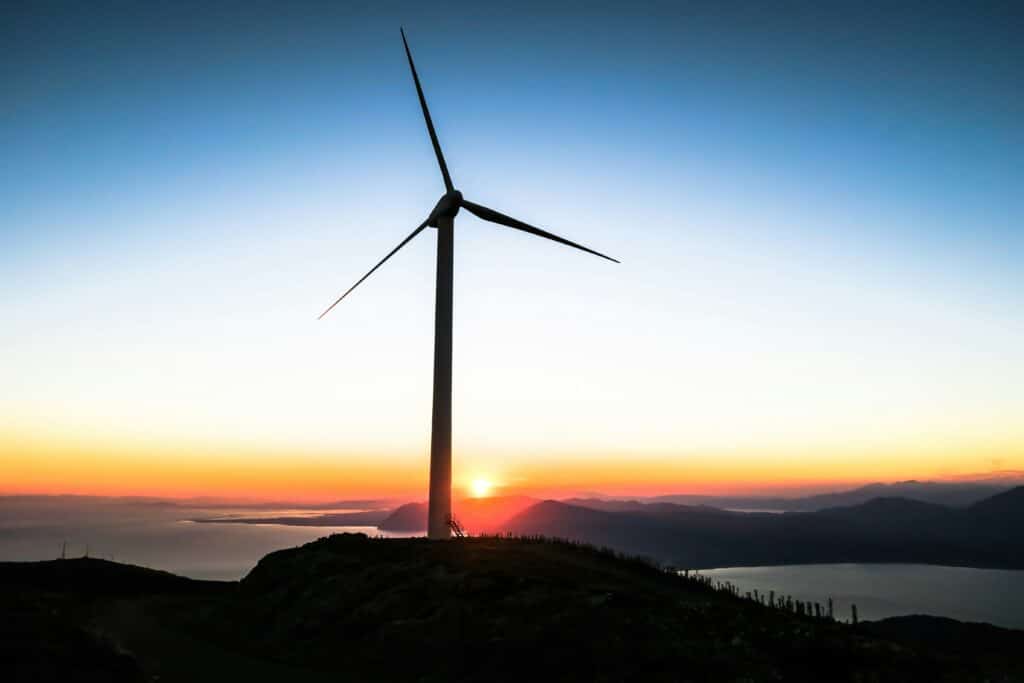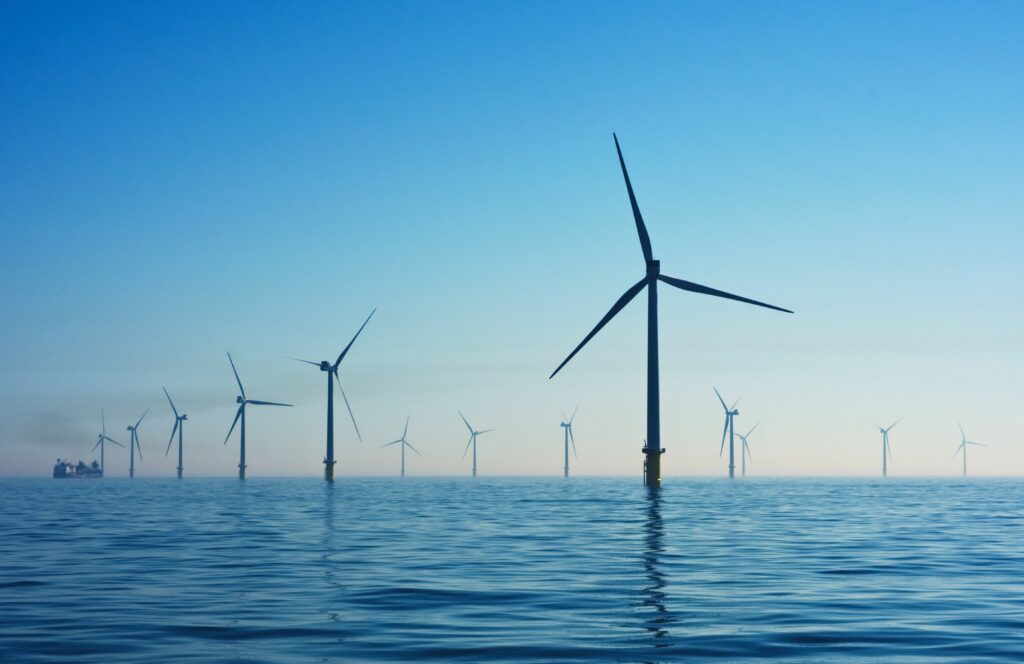Why the energy access challenge is an opportunity for Africa
Highlights from the FSR Conversation with Kandeh Yumkella
Why the energy access challenge is an opportunity for Africa to leapfrog in the global energy transition
On 18 November 2020, Professor Ignacio Perez-Arriaga (FSR, MIT), had a conversation with Dr. Kandeh Yumkella, founding CEO of the Sustainable Energy for All (SE4ALL) initiative and former Chair of UN-Energy about the experience in mobilizing the SE4ALL initiative globally and the present priorities for Africa.
Background: the Agenda 2063
Agenda 2063 was adopted by the Heads of State and Governments of the African Union in 2015 and sets out a vision for “an integrated, prosperous and peaceful Africa, driven by its own citizens and representing a dynamic force in the international arena”. The ambitious vision is closely linked to the United Nations Sustainable Development Goal 7 that has targets to achieve universal access to energy, substantially increase the share of renewables as well as doubling the global rate of improvement in energy efficiency all by 2030.
Building on previous Pan-African initiatives, Agenda 2063 emphasizes the need to support regional power pools and help transition towards modern sources of energy. Energy-related targets contained in the framework for the first ten years include increasing access to electricity by at least 50% compared to 2013 levels and increasing the efficiency of household energy use by at least 30% before 2023.
A few take-aways from the conversation:
No development without fuelling the engine of growth
‘When the Millennium Development Goals were formulated, there was no mention of Energy! Sustainable Energy for All was created to mobilise for a common goal for energy.’
SE4ALL brought together over 2000 organizations to lobby for the establishment of SDG7 and its three targets. Energy is critical and communities lacking sustainable access to energy are deprived of the opportunity to become part of national and global progress. The question is how do we convert commitment to KWh for the ordinary person?
Accelerating the energy transition to power economic growth
‘I have the unique opportunity to represent one of the poorest communities as a parliamentarian in my country. As I see the trees disappearing in my community, I understand why policy does not work.’
African economies need to grow and create more than 20 million jobs a year. To achieve this, the continent needs leaders who understand energy as a vital cog to economic development. In addressing the challenges to the energy transition, there is need to harness the potential co-benefits across sectors.
How can African economies address the impacts of climate change, illegal timber trade, deforestation, lack of access to clean energy and rapid urbanization?
Recovering better, together
African countries can draw inspiration from the EU policies which are modelled around energy trade and shared economic interests. Kenya can leap frog into Electric Vehicles in the same way they leap frogged into digitalization. With integrated energy resources, Kenya, Mozambique and Uganda can realise cheaper power and grow faster economically.
Africa is critical to the global energy transition due to its vast mineral deposits. Central Africa sits on 50% of the world’s cobalt while South Africa on the other hand, could lead the green hydrogen energy revolution with its vast platinum reserves.
Capacity building beyond regulation
As power systems continue to evolve across the continent, a good number of African regulators have only come into existence in recent years. It is of importance to coordinate economics, engineering and finance to attract more investment into capacity building for African Utilities. In addition, there is need for capacity building along the energy value chain, in particular energy entrepreneurs.
‘The firefighting approach to solving energy access challenges should be replaced with long term integrated energy planning.’
The African Union and the European Union have formed a new taskforce to explore practical solutions to establishing business-to-business partnerships. The task force will address challenges with harmonizing policy and capacity building for long-term integrated energy planning to meets Africa’s energy targets.
Are we on track?
‘Technical and economic efficiency of power systems in many African countries remains a major challenge. Transmission losses in some African countries are as high as 30-40%.’
Achieving SDG7 targets requires a radical shift in decarbonizing the energy sector. Energy efficiency is equally a priority as SDG7 does not just focus on advancing energy access in developing countries. The developed world also has a lot to do to meet energy efficiency targets in order to reduce energy intensity. There is a lot to be done, and combining advances in energy efficiency with renewable energy targets is well worth the shot.






